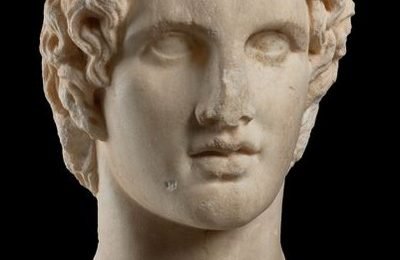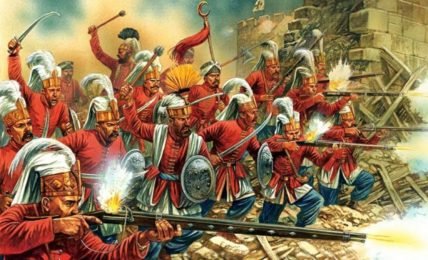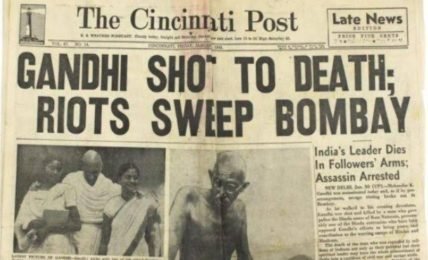Battle of Jhara, The Kurukshetra of Kutch
"We have to live up to the expectation of these great souls who sacrificed their lives for the motherland" Battle of Jhara was a sanguinary battle in which, though the Jadejas of Kutch lost, they stood out even better than their enemies for their outstanding valour and commitment to the country to the extent that the memory cherished even today. No wonder the bards called it Haldhigathi of the Kutch and Kurukshetra of the Kutch.





